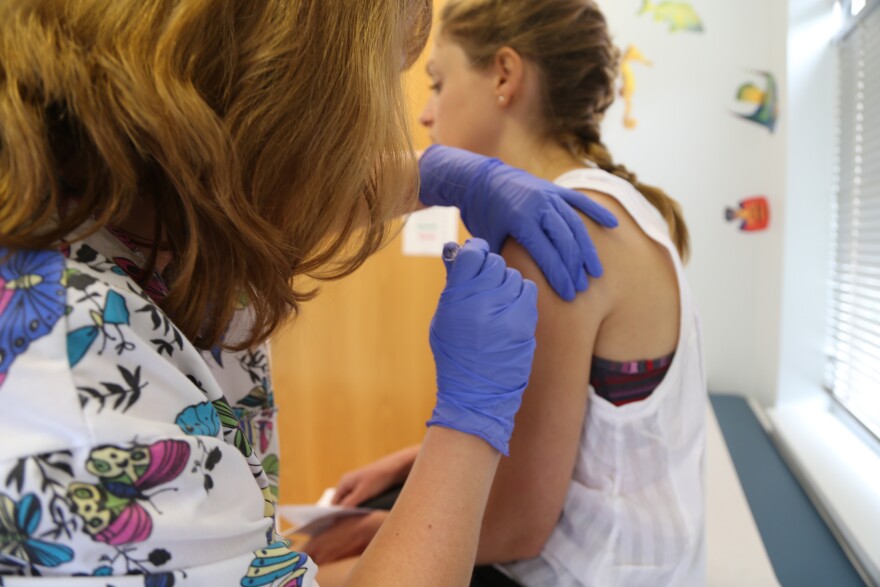Members of Nurses of Pennsylvania and SEIU Healthcare Pennsylvania are calling on state legislators to include nurses in talks about pandemic recovery policies. The groups have held multiple virtual town halls since March.
“We’re doing our job on the front line and we need them to do their job,” said Pittsburgh nurse Michelle Boyle, who accused some elected officials of ignoring their town halls.
In a statement, SEIU Healthcare Pennsylvania officials said nurses are tired of being called essential by legislators who won’t sit down and talk with them about how to confront the coronavirus pandemic.
“Our expertise is the hands-on experience [with] what is keeping people safe,” Boyle said.
The two groups published the Nurse Plan for Pennsylvania’s Recovery in the spring. It calls for more adequate personal protective equipment, smaller staff-to-patient ratios and protections for nurses to form unions.
It also calls for paid sick leave for all essential workers. “Workers need paid sick leave,” Latoi Gentilcore, a Pittsburgh nurse said. Without it, “It’s a domino effect,” that could increase the spread of COVID-19.
According to Boyle, some legislators have participated in the Nurses of Pennsylvania town halls, but not enough. Five of Pennsylvania's 50 state senators and 18 of 203 representatives have signed pledges to commit to the #NursePlatform.
As a result, Nurses of PA plan to survey every state legislator – and their opponents in districts where legislators are up for re-election – to determine a candidate’s dedication to advocating for essential workers. Health care workers are
Nurses of PA will announce their endorsements in September.
“We’re not just the advocates for the patients in the hospital, we’re the advocates for the community,” Gentilcore said. The #NursePlatform also calls for access to affordable health care.
Boyle said that advocacy comes as a result of union protection. Both Boyle and Gentilcore are members of SEIU Healthcare Pennsylvania. The #NursePlatform was designed to benefit union and non-union nurses with state mandates instead of leaving policies like staffing up to individual hospitals.
“We want real change and improvement for our patients and to have our voices amplified. It’s not just one nurse speaking up hoping for the best and fearing the worst. It’s all of us advocating for our patients, families and for each other,” Michelle Boyle said. “I’ve only seen that when nurses stand together as a union.”





